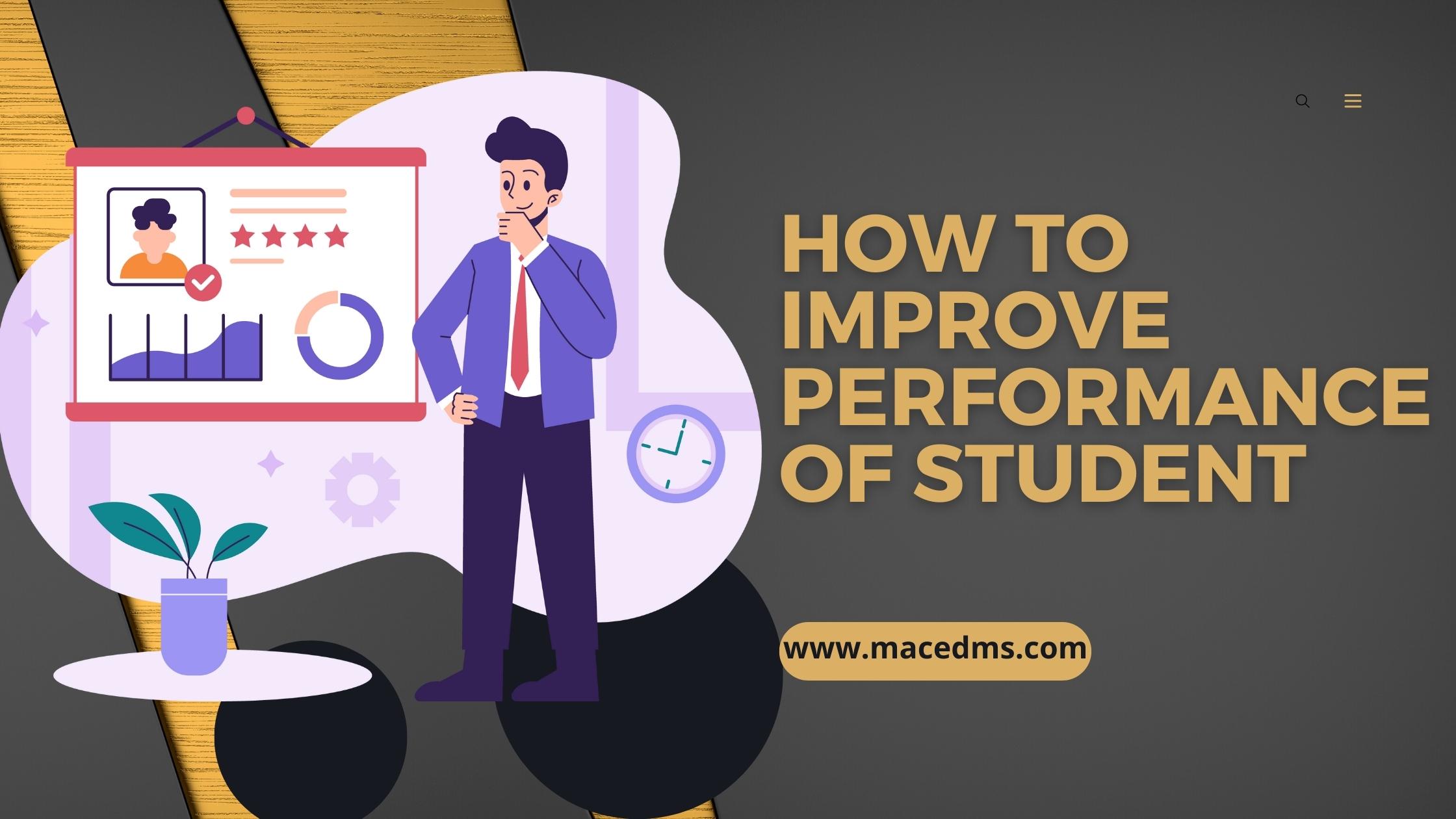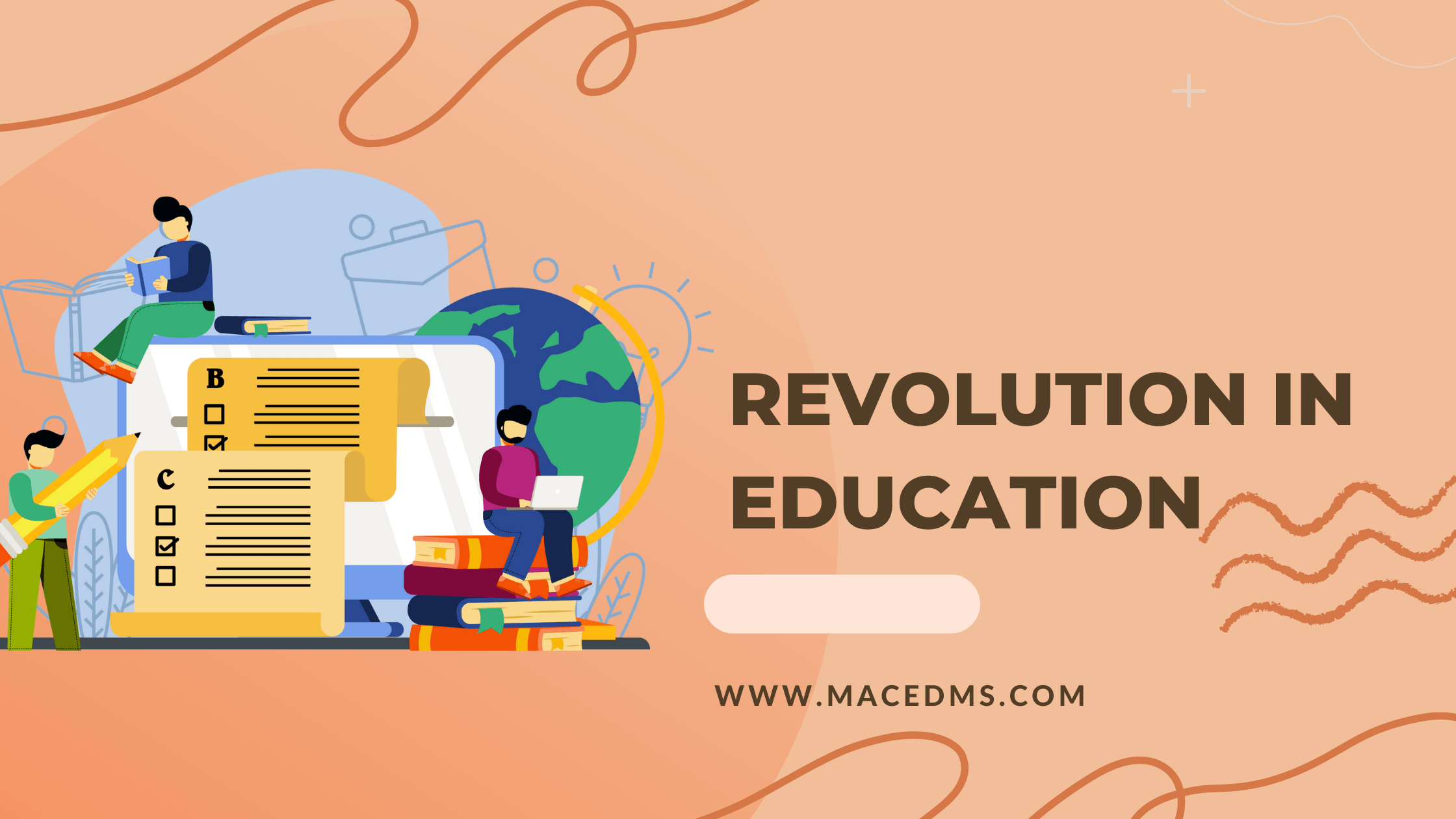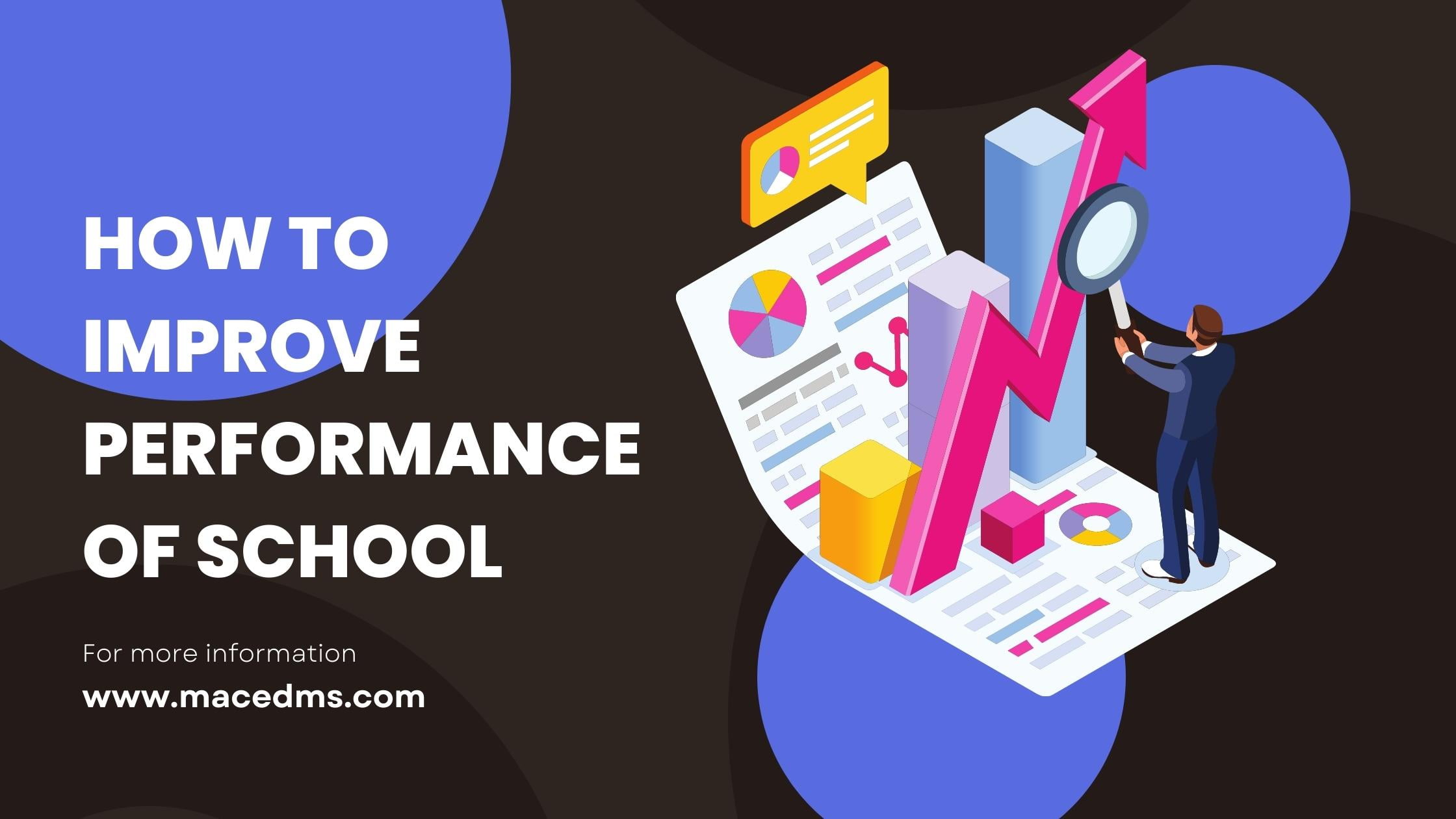Revolution in Education
Modern World requires modern methods of teaching and learning. The Indian education system is one of the largest providers of education in the world. With implementation of contemporary ways of educating the learning Institute may be able to create a modern education environment. The revolution requires a shift from traditional mainstream subjects to skills based and practical aspects of life. By using the latest technology it is easy to create an engaging and interesting education system for the new age. The main motive behind the revolution in education is to enhance the critical thinking aspect of students and help them make good decisions. Replacing the old scoring system with skills development helps in focusing on building a relationship that is beyond the traditional aspect of doubts solving and impartment of knowledge.
The education revolution in 2020 began with implementation of the National education policy of 2020. It has become the first reforminary policy in the education of the century. The policies drive to make sure that education is universally accessible and quality knowledge is provided. Revolution in the education system in India is mainly considered as an aspect to improve the learning ability of students and set up a new trend. To leave an everlasting impression on world history India has always written revolutionary changes. By implementing various modern ways of teaching and learning the education system in India has witnessed drastic transformation. Today the radical changes are making research oriented and directed towards future leaders. India has a vast ancient treasure of knowledge pertaining to them but the goal of every learning Institute is to initiate a proper learning method that provides prosperity.
India has witnessed revolution by education apps in the last 2 years. With choices that technology manifolds in front of students it gets easy to create a demanding environment for education. During the times of pandemic virtual classrooms, learning communities, interactive video conferencing tutoring and self learning portals came to rescue. The biggest revolution in the education system in India may be considered as the shift towards digital learning. With the help of Internet and smartphone apps it is easy to learn and grow without hindrances and barriers. People are in charge of their own learning capabilities and with better technology displays it is easy to carry revolution at any place. To create a more established education system with powerful real processes it is essential to adapt to the change.
Prior it was considered that cramming up of formulas, equations and theories will help in highest marks scoring but with development it is foreseen that with innovation oriented environment students can progress. Modern technology makes sure that students are not overburdened with syllabus projects and exam patterns, rather they have the liberty to pursue their interest and explore the possibilities. By experimenting, the potential of finding the best student’s life is impacted with positive changes. To prosper in the future it is essential that students enjoy what they do. By inculcating the indigenous traditional education with moral and human values practically the prime focus has shifted to quality of education. Now students need not perform excessive memorising and statistical based outsourcing in the state they need to understand the present set of data to find its outcome. Modern education system does not promote Rot learning. The ability of a student to understand the situation and intend towards researching the solution helps in focusing on the prime Moto. With this respect of learning it gets easy to understand the scientist’s written formulas and theories without trying to memorise them.
The new evaluation method by the learning revolution has helped in understanding that a relaxed mind is more receptive and is easily able to learn. Through continuous assessment of skills the education system is able to norther the overall development of a child and create an integrated personality. Modern education considers holistic development of each child as the priority of the Institute. The Educational Institutes are not only subjected to academic process but also to create an integrated and development model of child enrichment. The education system can be considered dynamic and demands stated by the curriculum towards teachers have also changed. Now the main focus of teachers lies in being able to change, learn and grow along with their students on a daily basis.
With technology advancements the shift towards digital learning is establishing its significance. Though we must not forget that the last five years have shown a shift in the education system is reportedly high due to the infrastructure of the Institute. Parents have shifted their child admission from a government school to private school for a better opportunistic environment and good facilities for physical education. Private schools activities are given equal importance as to the core subjects taught in the school. For overall development of a student it is essential that they know how to excel in co-curricular activities. Theatre, music, home science, dance, skating sports and various other activities are added into the curriculum of education. This not only helps in overall development of the student but also lets students discover their interest. The national education policy of 2020 has focused on development and enrichment of students. The policy makers considered the needs of students while formulating the effective policy of quality education. The focus on how to impart education effectively in schools has helped the students to grow in life by learning every aspect required.
For the betterment of the entire country, the educational revolution has changed society with advanced measures. As a part of classroom experience now it is important to develop learning, literacy and life skills for successful adaptation of modern work environments. It is identified that critical thinking helps in organising and managing educational systems with utmost satisfaction. India has always adapted with the shift in the Market by introducing revolutions. Improved education acts as a major catalyst for empowerment and sustained economic growth in a country. The most recent revolution of education has been to be fit for the digital revolution occurring worldwide. This revolution can be considered as the fourth revolutionary change brought into the market. It is a desirable approach that leads to a good emerging industrial revolution at par. The four revolutions in education were identified by a rich Ashley in 1967 based upon the behavioural and desirable changes in the market. Types of revolution in education are:
- The first educational revolution was associated with the first schools established in ancient Greece during V-IV centuries BC. It refers to the establishment of a traditional education system to meet the social needs of society.
- The second educational revolution was about the education age of technology. It refers to calibration elevation and activation of deep understanding of the subjects. It created an impact on higher education and the learning environment with the possibility of overcoming inequality and reducing conflicts.
- The third educational revolution was all about the importance of innovation in contemporary society. With various new technologies implemented in education sustainable changes were made to the traditional ways of learning. With a wider aspect of the traditional educational system the revolution was based upon standard solutions and approaches. Though the approaches were not appropriate for meeting the new educational and social needs prevailing in the world. It’s strived towards continuous training and automatic rising levels to reduce poverty and unemployment.
- The fourth educational revolution took place after the introduction of the national education policy of 2020 . It mainly aimed at systematic change by transforming every organisation with digital revolution. By continuing the developments in educational technology more flexibility and creation of empowerment is focused. The radical change helps in creating an environment for students to gain experience and develop real world based solutions. It held in advancing lifelong learnings for students by integrating the online measures and fostering integrity towards the workplace. The main aim of the fourth revolution is to increase the diversity of educational participation and create a responsive education module.
Technology no doubt can improve education but for optimal benefits it is essential that it is integrated with the traditional education techniques of prior periods. To have a sustainable, scalable and reliable success of teaching approach it is important to improve the quality and access of education globally. Better education has always seemed as the pivotal of mitigating the risk of uneven and unequipped education to coming generations. There are various social, economic and political benefits that a country faces due to the cultural shift and educational linkage of the citizens. In today’s world education can be considered as a powerful tool for transforming the life of people. Measures such as revolution by educational apps help in improving the quality of life and creating a happy environment. Broadening vision and deepening the roots of education one can perceive a constant impression on the young minds of students. For an uplifting future it is essential that the children are impacted and act as the art of living volunteers of knowledge.
Education revolution in 2020 has helped in shaping the future of the education sector in India by nurturing the talent and finding the actual Foundation of the learning environment. The revolution helps in catering to the challenges that humans face in today’s time. By leading to the path of inventions and creativity the modern workforce has tried for imperative teaching ability and progress in a child’s formative years.
The Education revolution in 2020 is the 35th revolution by India and is the first educational revolution of the 21st Century. The ongoing revolution has shaped the management of Corporate as well as Educational World. The contemporary way of education in learning institutes of the 21st century have helped in transforming the scenario drastically. By increasing the economic growth of Country Educational policy has also enhanced the intellectual and rational abilities of students. At last one must not forget that Education strives to make you a better person.





